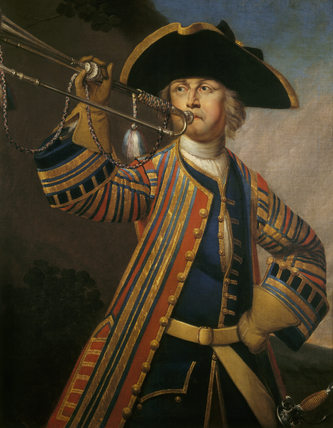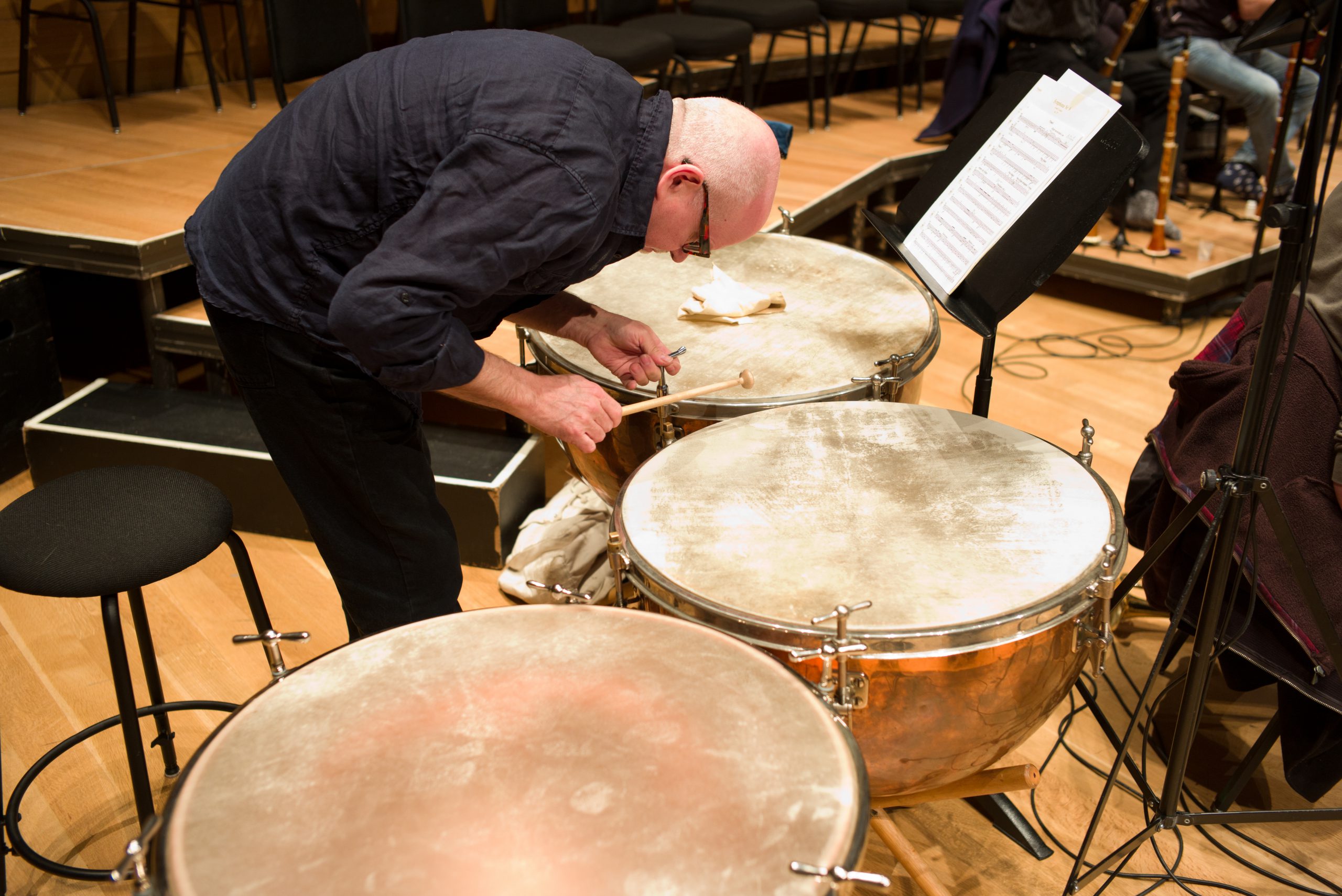Here are the official program notes for Handel Messiah
Download the Program Notes | Download the Program Listing
Directed by Ivars Taurins
Tafelmusik Baroque Orchestra and Chamber Choir
Featuring Amanda Forsythe (soprano), Krisztina Szabó (mezzo-soprano), Colin Balzer (tenor) and Tyler Duncan (baritone).
Dec 14-17, 2016, Koerner Hall, TELUS Centre for Performance and Learning
Handel composed Messiah in just a few weeks in the late summer of 1741. Intended originally for performances at Easter, it was premiered in Dublin on April 13, 1742 at the Musick Hall in Fishamble Street. Handel directed the performance, and attendance was so great that ladies were implored “not to come with hoops” and gentlemen to leave their swords at home to make “room for more company.” Praise resounded for both the work and its performance, and an extra performance was added. It took a few years for the work to take hold in London, as some were disturbed by the idea of presenting such a sacred work in the theatre, but by the time of Handel’s death in 1759 it had become the most frequently performed of all his oratorios, a position it has never relinquished.
Messiah eventually came to be associated with the Christmas season, and the wealth and variety of choruses in the work inspired amateur choirs to embrace it in communities large and small. In recent decades it has become common to trim the work, but for our concert performances, we are pleased to present the entire oratorio.
As specialists in period performance, we perform on instruments from the eighteenth century (or accurate reproductions), and retain Handel’s original orchestration. The orchestration is in fact quite modest for a work of such great impact: the arias are performed by strings alone, with the violinists often playing in unison, and oboes joining in the choruses. Bassoon and keyboard instruments round out the bass section. Arguably the most important instruments on stage are those that play at only a few key dramatic moments: the trumpets and timpani. Handel has trumpets playing briefly “from a distance” as part of the “heavenly host” in the nativity sequence in Part I. He holds off until the “Hallelujah” chorus at the end of Part II to have trumpets and timpani join the orchestra. The glorious trumpet solo in “The trumpet shall sound” carries us to the final resounding “Worthy is the Lamb” and “Amen.” Handel understood drama and the power of music to stir the human soul, and structured the score of Messiah accordingly. Each performance is a journey, and this is a journey we are honoured to share with you each year.

The timpani played by David Campion are reproductions of eighteenth-century instruments. The natural-skin heads are sensitive to shifts in temperature and humidity, so you will David quietly touching up the tuning before he plays, with his head close to the drums. Tuning is done by turning the series of screws that circle the drum head. © Tafelmusik 2016 The Libretto for Handel Messiah can be found here.
Join us for Tafelmusik's Original Messiah at Koerner Hall, TELUS Centre from Dec 14-17, 2016. Tickets are available here.

